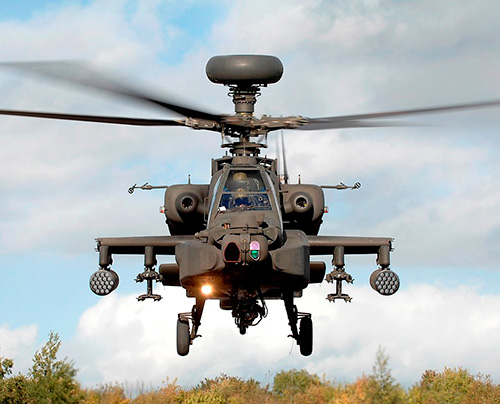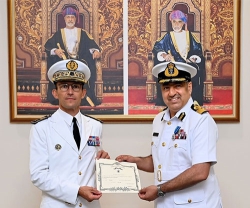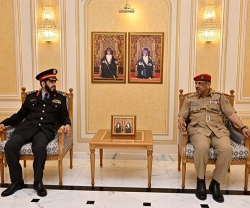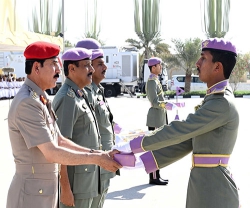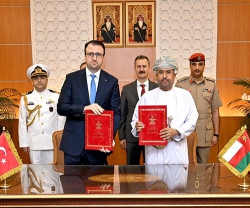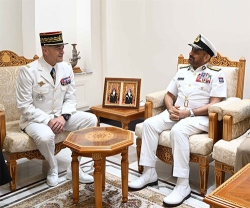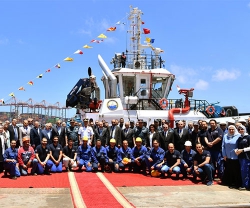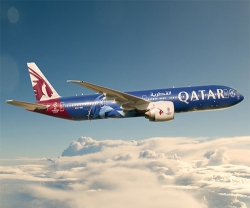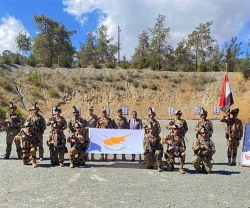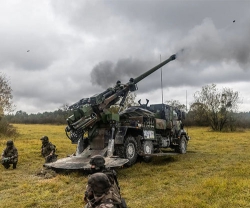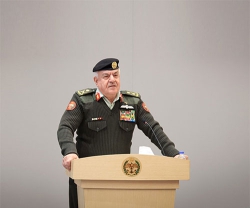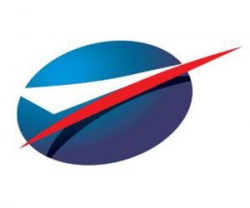The Apache attack helicopters of 664 Squadron, 4 Regiment Army Air Corps will be taking part in Exercise Saif Sareea 3, among more than 4,000 British personnel from all three services training alongside the Omani military in October.
To confirm its readiness 664 Squadron, based at Wattisham Flying Station in Suffolk, has been recently put through its paces on Exercise Archers Alastor (28-30 August). Air crew carried out day and night qualification shoots with CRV7 rockets and 30mm cannon at Holbeach Air Weapons Range in Lincolnshire, with the Apaches replenished at a Forward Arming and Refueling Point (FARP) - the military equivalent of a Formula 1 pit stop - at Sculthorpe airfield in Norfolk.
Major David Mills, Officer Commanding 664 Squadron AAC, said: “Exercise Saif Sareea is a fantastic opportunity which will showcase all of the Squadron’s equipment, capabilities and people. We’re overcoming the logistic challenges of shipping the Apache, including all of the associated equipment and munitions by sea to Oman, and are ready for the complexities of maintaining the Apache in the desert and operating in support of British armored infantry and our Omani partners. Before we deploy it’s been great to get the Squadron out on our home turf for a final test of our skills – both on the ground and in the air, and including the first CRV7 rockets fired at Holbeach.”
Oman will be the first overseas exercise for many of 664 Squadron’s junior soldiers, such as aviation groundcrew specialist Air trooper Ben Bowes-Bellamy. The 19-year-old from Blackpool said: “I’m looking forward to the challenge. My role is about refueling and rearming the Apache, and doing that in the desert in Oman will be a different and demanding environment to test my skills.”
Air trooper Harry Woodward, 20 from Ellesmere Port, said: “I’m really keen to get out and do my job overseas. It’s great to work on the Apache, which is a very robust aircraft but will need extra care and attention in a hot and dusty environment. It’s also about looking after yourself in different conditions. A lot of the more senior groundcrew served in Afghanistan, so there’s a lot I want to learn from them about working in the desert.”

